Media Advisory: Sleep-disordered breathing in early pregnancy linked to insulin resistance
Sleep-disordered breathing in early pregnancy is associated with insulin resistance or difficulty clearing glucose from the blood, suggests a small study funded by the National Institutes of Health. The results strengthen the link between sleep-disordered breathing, which includes pauses or slowing of breathing during sleep, and gestational diabetes. They also suggest that screening pregnant women, particularly those with overweight or obesity, for sleep-disordered breathing could identify those who might benefit from early interventions to reduce their diabetes risk.




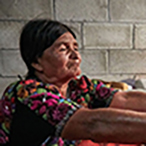

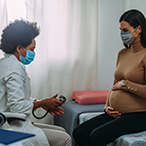
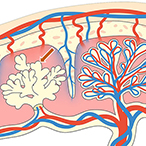
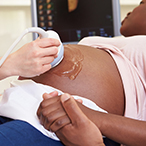


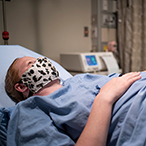

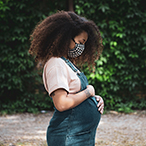




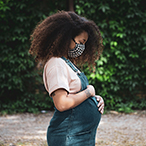

 BACK TO TOP
BACK TO TOP